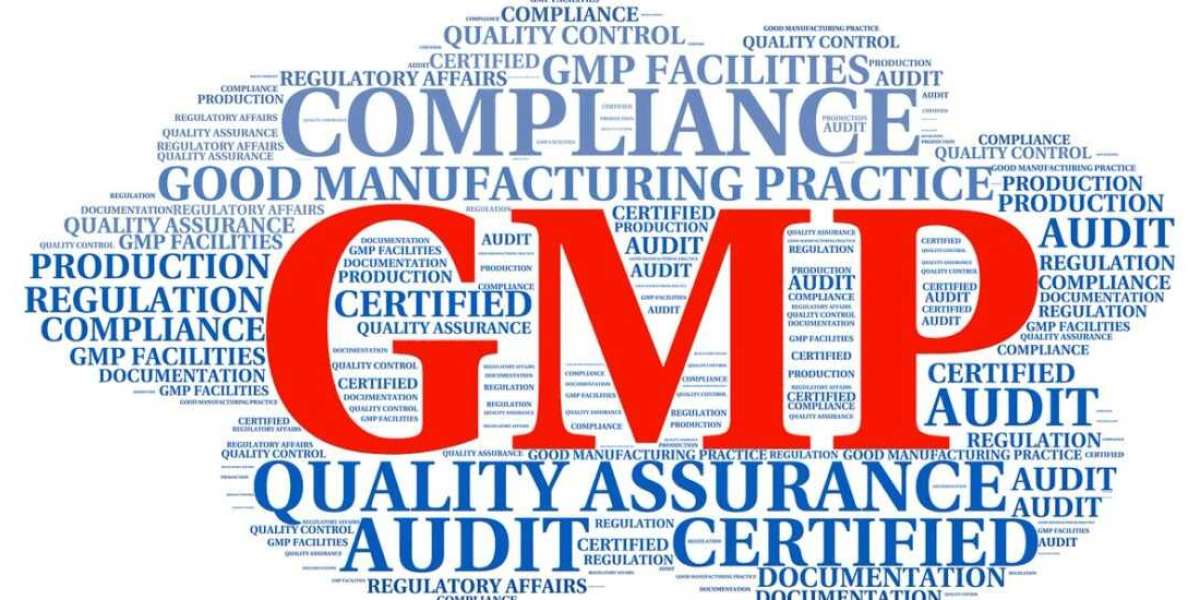Understanding GMP Certificate
Definition and Importance
Good Manufacturing Practice (GMP) certificates are essential across industries such as pharmaceuticals, food processing, cosmetics, and dietary supplements. They ensure that products are consistently produced and controlled according to quality standards. GMP certification is crucial for maintaining consumer safety and product efficacy.
Components of a GMP Certificate
A GMP certificate typically includes compliance details, specifying the regulations and standards followed during manufacturing. It also outlines the scope of certification, identifying the products or processes covered. The certificate indicates its validity period, detailing how long it remains in effect before requiring renewal or re-certification.
Process of Certification
Manufacturers seeking GMP certification undergo rigorous audits conducted by certified auditors or regulatory bodies. These audits include thorough inspections of manufacturing facilities and processes. Additionally, they involve a comprehensive review of documentation to ensure all required procedures, records, and quality controls meet GMP standards. Any discrepancies identified during audits must be addressed through corrective actions to achieve and maintain certification.
Benefits
GMP certification facilitates market access by demonstrating compliance with international quality standards, thereby enabling entry into global markets with stringent regulatory requirements. It enhances consumer confidence by assuring product quality and safety, thereby building trust and loyalty among consumers. Moreover, GMP certification ensures legal compliance with local and international regulations governing manufacturing practices.
Challenges
While GMP certification offers numerous benefits, achieving and maintaining certification can present challenges. Manufacturers may incur significant costs in implementing necessary infrastructure and compliance measures. Furthermore, maintaining continuous compliance with evolving GMP standards requires ongoing investments in technology, training, and quality management systems.
Conclusion
In conclusion, GMP certificates are integral to industries committed to upholding stringent quality and safety standards. They serve as a hallmark of credibility, reinforcing consumer trust and regulatory compliance in global markets. GMP certification underscores a manufacturer's commitment to producing safe and high-quality products, thereby contributing to industry reputation and market competitiveness.








